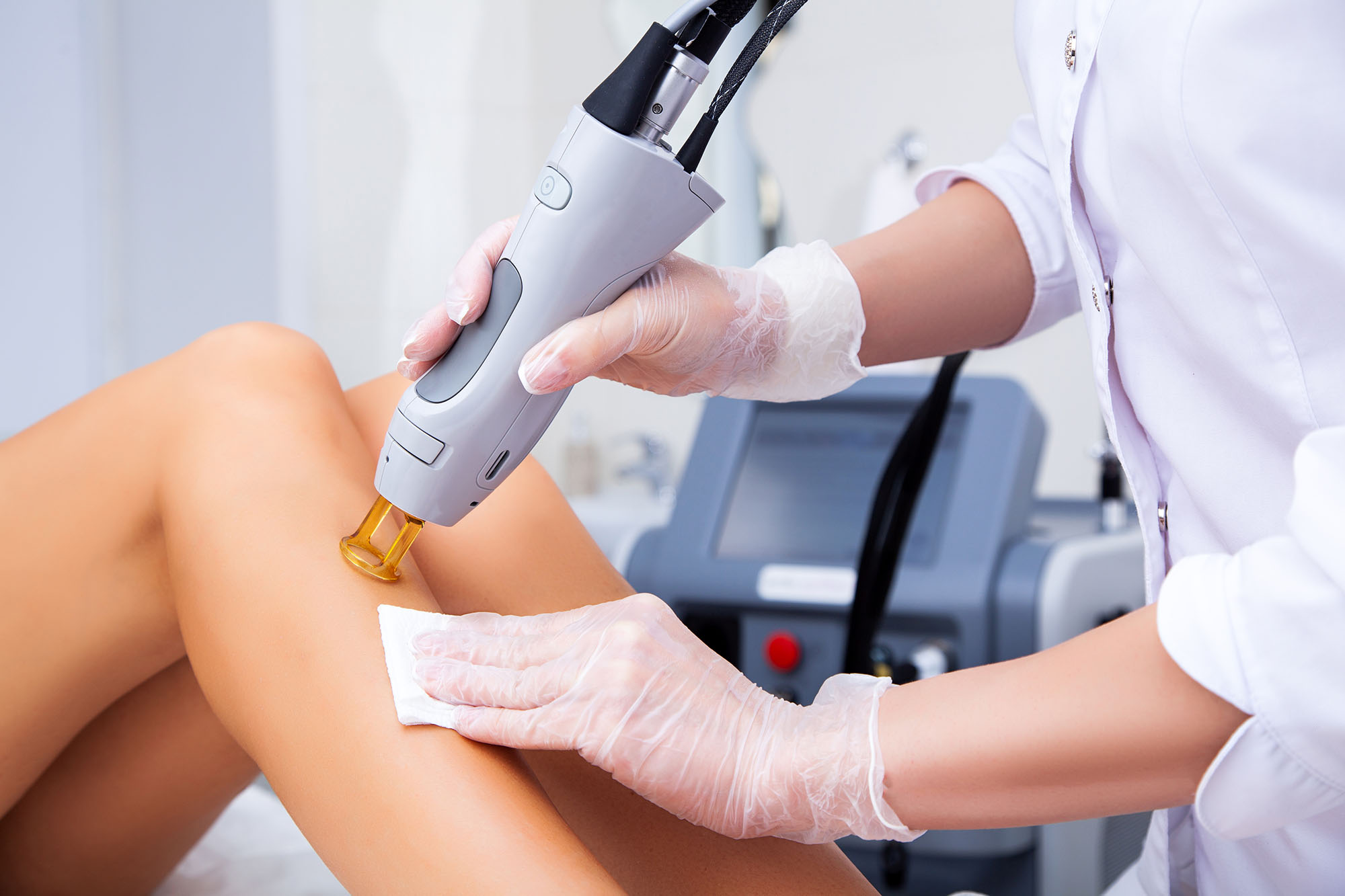
The O-LRNIS law on the use of aesthetic products
The new law that’s shaking up the world of aesthetics!
In the world of aesthetics, one subject is currently the talk of the town among professionals: the O-LRNIS law.
This new regulation, which concerns the use of devices emitting non-ionizing radiation or sound for aesthetic purposes, is on everyone’s lips.
However, while everyone is talking about it, it seems that many practitioners still don’t fully understand the implications of this law and what it means for the future of their profession.
If you’re an esthetics professional, it’s crucial to know the details of the O-LRNIS law and understand the changes it brings to your daily practice.
In this blog post, we’ll answer your questions and clear up any uncertainties by providing clear, detailed information on the O-LRNIS law, its impact on aesthetic treatments and how you can prepare to comply with these new regulations.
Look no further, we’ve got the answers to your questions right here.
What is the O-LRNIS Act?
The O-LRNIS law, which stands for “Swiss Federal Law on Protection against Non-Ionizing Radiation and Sound”, was adopted to regulate the use of devices emitting non-ionizing radiation for aesthetic purposes.
In recent years, aesthetic machines that emit non-ionizing radiation have become very popular. However, most of them exceed safety limits for skin, eyes and other tissues, making them highly susceptible to acute damage if not handled properly. The long-term effects of their use are still not fully understood.
With the aim of remedying this problem, the Swiss Parliament adopted the federal NISA law.
Which processing operations are affected by the NISA Act?
The new regulations cover the use of medical devices and low-voltage products. From June 1, 2024, twelve treatments using devices emitting non-ionizing radiation or sound can only be carried out if accompanied by an attestation of competence related to the treatment in question :
1. Acne
2. Cellulite and dimpled skin
3. Rosacea, benign vascular lesions and non-neoplastic nevi smaller than 3 mm (except near the eyes)
4. Wrinkles
5. Scars
6. Onychomycosis
7. Post-inflammatory hyperpigmentation
8. Stripes
9. Laser hair removal
10. Removal of permanent make-up (except near the eyes)
11. Removal of non-ablative laser tattoos (except near the eyes)
12. Laser acupuncture
What do you need to do to comply with this law?
To be able to continue using and practising the various aesthetic treatments mentioned above, you will need to obtain a specific certificate from the examination bodies listed in an ordinance issued by the Federal Department of Home Affairs (DHA).
As mentioned above, this certification must be obtained before June 1, 2024, when the O-LRNIS law comes into force.
There are a total of 7 certificates of competence with the following designations:
1. AC Laser acupuncture
2. AC Laser hair removal
3. AC Hair removal with high-power pulsed and non-coherent light sources (IPL)
4. AC Permanent make-up and tattoos
5. AC Skin and pigmentation
6. AC Cellulite and dimpled skin
7. AC Onychomycosis
*AC = Attestation of Competence
The duration of training can vary from two to eleven days, depending on the level of certification required.
How does this law benefit beauty professionals?
A certificate of competence for aesthetic professionals performing these treatments ensures that they have received the appropriate training to handle these devices safely and effectively. This measure is also designed to inform and reassure customers about the practitioners’ level of competence.
Aesthetic technologies are evolving rapidly. With the introduction of this law, beauty salons will once again be able to demonstrate their professionalism to their customers and give them confidence in their care.
Customers have the right to know the qualifications of practitioners and to ensure that they receive safe and effective treatment.
The O-LRNIS law not only focuses on treatment safety, but also aims to promote transparency and accountability in the aesthetics industry.
